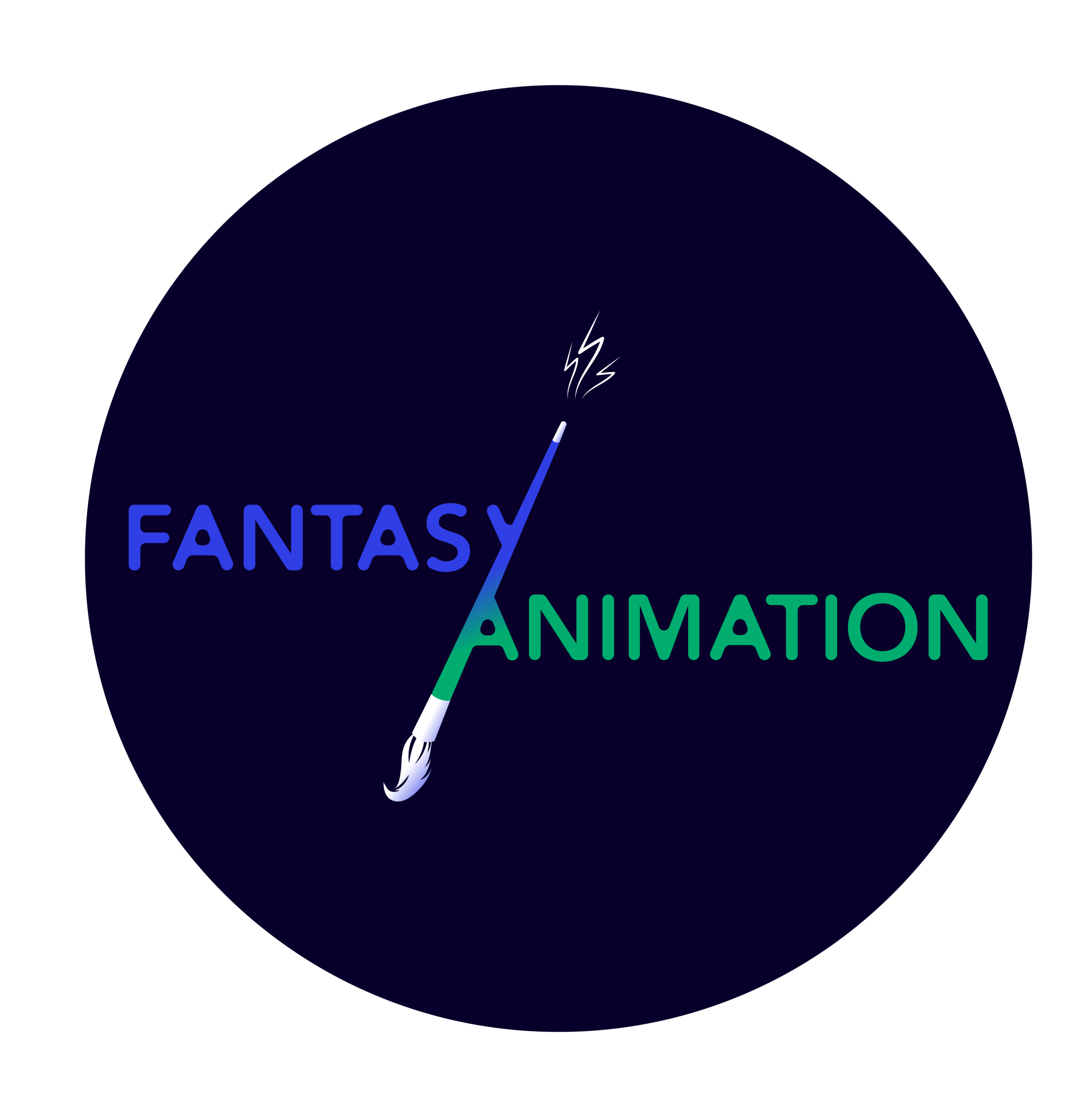The Fantasy/Animation Footnotes complete their unofficial ‘psychoanalysis trilogy’ with this look at object relations and a branch of psychoanalytic approaches to film that emerged as a competing way of thinking about cinema linked to the development of the conscious minds of children.
Read MoreThe Fantasy/Animation Footnotes return to psychoanalysis in order to make sense of the world through gazing and gaze theory. Alex once again takes the lead in discussing Laura Mulvey’s seminal work on the gaze but also how it offers just one way of thinking about the topic, drawing instead on Lacanian psychoanalysis to distinguish between the qualities of looking and gazing.
Read MoreHaving already tackled the topic of special effects in an earlier Footnote, this latest episode instead focuses on visual effects (VFX) as a way to think through the practical/digital distinction that has come to culturally and industrially define the specificity and spectacle of VFX imagery.
Read MoreArt’s relationship to the auratic is the focus of Footnote #47, which engages cinema’s historical relation to ‘aura’ via the foundational work of Walter Benjamin who argued for technology’s “withering” of art’s uniqueness of space and time thanks to the potential for the creation of a “plurality of copies” that shift art’s “unique existence.”
Read MoreFresh from their discussion of Spider-Man: No Way Home (Jon Watts, 2021), Chris, Alex and special guest Dr Nick Jones (Senior Lecturer in Film, Television and Digital Culture, University of York) return for this short Footnote episode on the marvel and magic of 3D technology.
Read MoreThe podcast's first engagement with questions of ‘realism’ in animation takes centre stage in Footnote #24, where Chris and Alex historicise and interrogate the function of realism and hyper-realist traditions within a multitude of media and aesthetic traditions.
Read MoreRecent podcast guest Dr Noel Brown (Senior Lecturer in Film and Programme Leader for Film and Visual Culture, Liverpool Hope University) returns for this Footnote episode on Dual Address, and the ways in which children’s fiction (and cultural products more broadly) might engage a double register and include meaning for both child and adult audiences.
Read More



